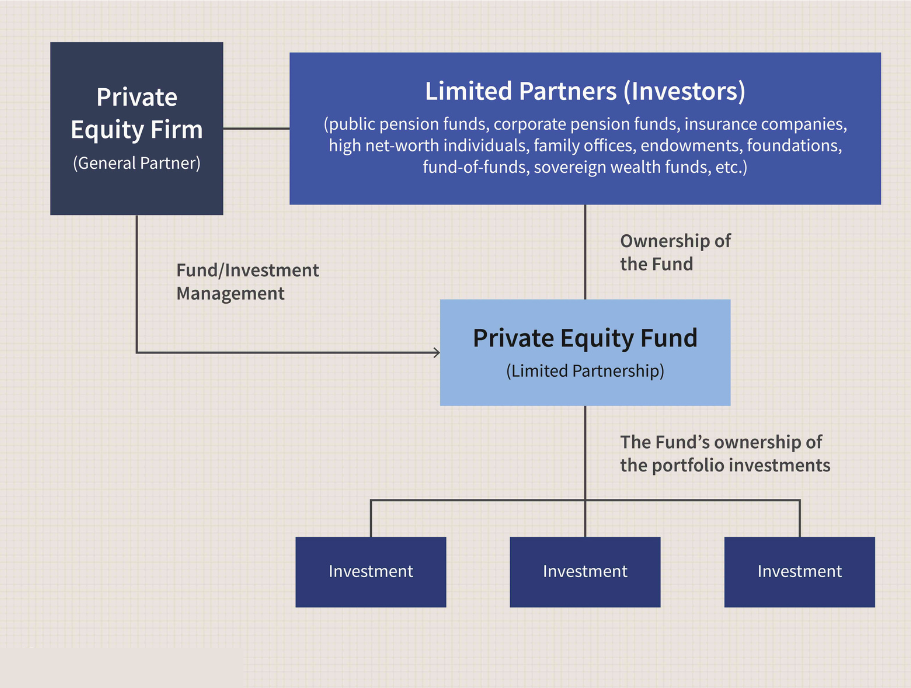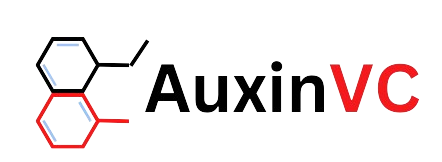According to Mckinsey & Company, private equity deal activity in 2024 increased by 14%, reaching $2 trillion globally and making it the third-most active year on record. However, challenges like lower fundraising rounds, delayed exits, and valuation disagreements between buyers and sellers have continued to impact the sector. These problems arise from macroeconomic uncertainties, including high interest rates and unpredictable market conditions that make it difficult for private equity firms to close deals smoothly.
The solution lies in using advancements in technology like AI and generative AI, which are helping firms identify opportunities in specialized industries such as healthcare technology and digital infrastructure. Furthermore, the Federal Reserve’s lowering interest rates and better investor sentiment after the election will drive Mergers and acquisitions (M&A) in 2025. With $3.7 trillion in available funds reserves globally, firms are positioned to deploy capital effectively while focusing on operational improvements and value creation strategies to stimulate growth.
According to Deloitte, this is important because private equity assets under management (AUM) are projected to grow significantly, potentially reaching $5.8 trillion by the end of 2025. Such growth shows that private equity is critical in improving economic resilience and delivering competitive returns for investors among evolving market dynamics.
Let’s explore continuation vehicles
Private equity firms increasingly turn to continuation vehicles (CVs) to address funding difficulties while retaining high-performing assets. Unlike SPACs, which have been criticized for their volatility, CVs offer a structured approach to extending response times. These funds allow investors to realign limited partner (LP) commitments and align investor timelines with asset duration.
For instance, at the end of 2024, 26 GP-led secondary deals were announced, reflecting their growing adoption. Modern private equity approaches rely on CVs to help businesses keep assets demanding long growth, balancing long-term value creation and capital needs. Auxin VC’s focus on sustainable growth aligns with CV’s role in supporting assets that require extended development.
How tech is changing private equity
Artificial intelligence (AI) and advanced analytics are revolutionizing private equity firms’ operations. Technology is improving decision-making, from increasing operational efficiency to improving LP reporting. AI-driven tools help identify growth opportunities in targeted markets like healthcare technology, while digital system simulations operational scenarios to enhance portfolio performance.
Accenture notes that AI maturity has been growing by 3% points year over year compared to companies with the least maturity. Technology is essential for speeding up exits and improving returns in challenging surroundings as response times shorten—falling under six years in 2024. By prioritizing automation and AI-driven solutions, Auxin VC is leading a growing trend and providing a platform for startups to succeed.

Why deals are picking up
Lower interest rates and better loan terminology have fueled mergers and acquisitions (M&A), with private equity firms embracing possibilities in a more stable market. The value of global M&A activity jumped 41 percent in last year’s fourth quarter from the third quarter and 37 percent from a year earlier to $1 trillion. Fundraising also saw sustained energy, with $408.6 billion raised during the same period.
Private credit has become a key financing option that helps firms fund acquisitions and expand portfolios even when traditional lenders are conservative. Post-election, increasing business growth positions private equity to continue rising in 2025. Auxin VC’s support for climate-sensitive startups and energy-efficient ventures complements this momentum to ensure innovation aligns with economic resilience.
Targeting growth in specific markets
Private equity firms focus on industries like healthcare, renewable energy, and infrastructure to drive growth. Mid-market deals totaling over $350 billion in 2024 are especially popular because they offer flexibility and room for expansion. By specializing in these sectors, firms can use their expertise to improve operations and deliver more substantial returns.
This trend highlights how private equity adapts to changing markets and supports industries shaping the future. Auxin VC’s mission to nurture startups in automation, security, and sustainable energy directly supports this specialization, promoting advancements in critical sectors.
Let’s wrap it up
Private equity in 2025 is defined by innovation, resilience, and strategic focus. Companies use tools like advancements in funds and technology and focus on specific industries to turn challenges into opportunities. With economic conditions stabilizing and investor trust increasing, the industry is well-positioned to deliver strong returns and generate positive outcomes across global markets.
Private equity remains a foundation of modern finance by prioritizing agility, expertise, and long-term value creation. Auxin VCs promote ethical growth and global innovation, showing the sector’s potential to shape a sustainable future.


